
What dinner?” the wife asked. “Did you give me money for it? No? Then why should I be responsible?

In the gray quiet of early evening, Mark walked into the house expecting the familiar smell of dinner. Instead, he saw his wife, Clara, sitting silently on the couch with a stack of bills in front of her. The TV was off. The room was clean. It felt too still.
He checked the kitchen. Empty pots. No plates on the table. No food. “Clara, what’s for dinner?” he asked casually.
She looked up at him slowly—her eyes tired, but not angry. “What dinner?” She spoke with a quiet strength. “Did you give me money for it? No? Then why should I be responsible?”
Mark froze. It was the first time she hadn’t cooked since they got married eight years ago. Clara did everything: cooking, cleaning, laundry, paying bills, keeping track of appointments, grocery shopping, remembering birthdays. Mark had never really noticed how heavy the invisible weight she carried was… until she put it down.
He scoffed at first. “Clara, you’re overreacting. I work all day. The least you could do is have food ready.”
“That’s exactly what I’ve been doing for eight years,” she replied. “But while you ‘work all day,’ I work all day too. Except my job never ends—and I don’t get paid for it.”
He brushed her off. “Fine, I’ll just order something.” But Clara didn’t respond. She didn’t shout. She didn’t argue. She simply turned off the lamp and went upstairs. That silence hit harder than any fight ever could.
The next morning, Clara was already dressed for work. She gently placed an envelope on the counter. In it was a list: groceries, rent, electricity, laundry detergent, car insurance, school supplies for their daughter Emily. Next to each: Paid by Clara. And at the bottom: Total monthly expenses I’ve covered: $1,642.
Mark stared. He had no idea. Clara had been using her salary—and part of her mother’s small pension—to keep the family afloat. He realized his contribution—just the mortgage—was nowhere near enough.
For the next few days, Clara didn’t cook. She didn’t make lunches. She didn’t remind him to pay bills. Suddenly, Mark started missing payments. Emily forgot her school trip money. The house got messy. They ran out of toilet paper. And one cold Monday morning, Mark had no clean socks.
He finally understood.
One evening, Emily asked, “Dad, why doesn’t Mommy make dinner anymore?” Mark didn’t know what to say. Clara answered for him—but gently: “Mommy got tired of doing everything alone. Families are teams. Not one-person jobs.” Emily nodded slowly, as if it made sense in a way adults often ignore.
Mark started helping—but it felt awkward. Cooking scrambled eggs took him 25 minutes and three YouTube videos. Doing laundry, he forgot to sort colors. Grocery shopping? He had to call Clara three times because he didn’t understand the list. He accidentally bought hair conditioner instead of fabric softener.
He felt embarrassed. But also… humbled.
Days turned into weeks. Something changed in the air. Clara wasn’t resentful anymore—just distant. And that scared Mark more than any argument ever had. So one night, when Emily was asleep, he sat across from Clara at the table.
“I understand now,” he said quietly. “You weren’t asking for help—you were asking for respect.”
Clara didn’t cry. She didn’t smile. She just looked at him for a long moment and asked, “Then what are you going to do with that understanding?”
Mark leaned forward. “I’m going to be a partner. Not a guest in this house.”
And slowly—very slowly—he began to prove it.
He started managing bills. He learned to cook simple meals. He packed Emily’s lunches. He cleaned without being asked. But more importantly—he asked Clara how she felt each day. Sometimes she said, “Fine.” Sometimes she said nothing. But he listened.
One Saturday morning, he woke up early and made pancakes with strawberries—the way Clara liked. He served them on the good plates. When she walked into the kitchen, surprised, he said, “I didn’t give you money for dinner last time. But now I want to give you time. And partnership. And care.”
It wasn’t a grand speech. But it was real.
Clara sat down slowly. She looked at him—really looked at him. And she said quietly, “This is the first breakfast you’ve made for me in eight years.” She took a bite. “It’s not perfect… but it’s a beginning.”
Over time, their marriage transformed. Not through romance—but through respect. Mark learned that dinner isn’t a wife’s duty—it’s a family’s moment. Laundry isn’t a favor—it’s life maintenance. And love isn’t measured in words—but in shared burdens.
Years later, Emily wrote an essay at school titled, “What I Learned From My Parents.” It ended with this line:
“My dad thought dinner was just food. But my mom showed him dinner can be respect. And the night she didn’t cook—it was the night everything finally began.”
Sometimes, the most important meals are the ones left unmade.
News in the same category


The Unexpected Inheritance That Changed Everything

A brave young woman’s inspiring journey to a new chapter of self-love and health

The quiet den: a father left behind
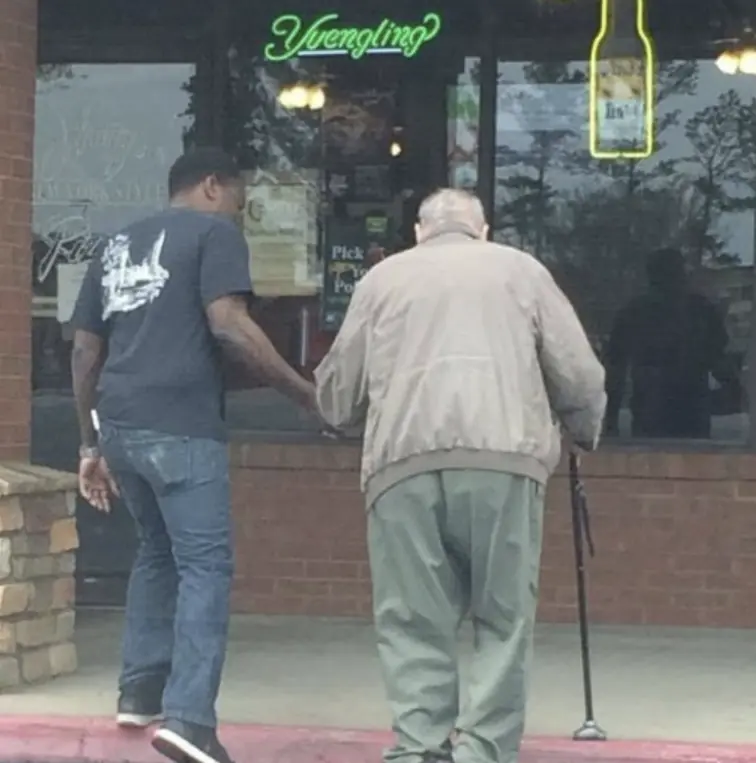
I stopped to assist an elderly man at a restaurant, and it changed my perspective on my father

My Sister’s Perfect Life Was A Lie—Until I Uncovered Her Hidden Baby

I Walked In On My Husband’s Secret—And He Told Me I Was Next

Top 10 “Most Beautiful Women in the World” According to the New “Golden Ratio” Calculation
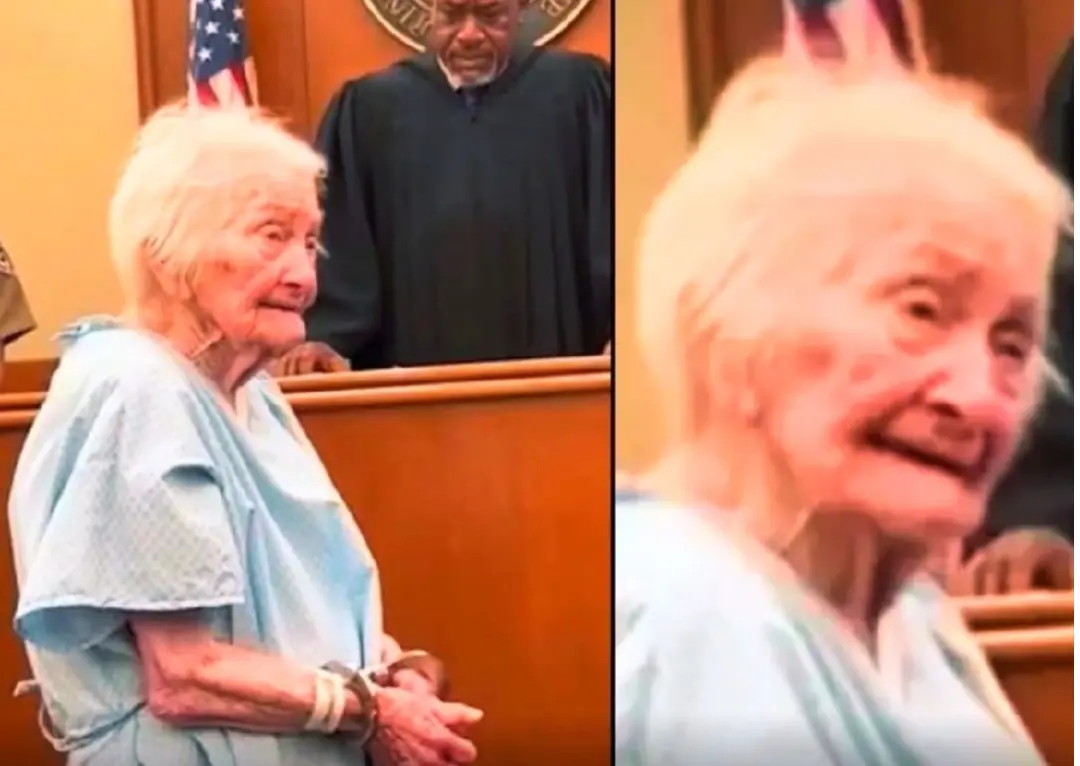
91 YEAR-OLD WOMAN ARRESTED FOR TRYING TO STEAL MEDICATION

Sea otter mon wrap their pops in a kelp blenket to stop them loating away while she dives for food

Identical twin sisters give birth to sons on same day at the same hospital

47 Bikers Showed Up To Walk My 5-Year-Old Son Into Kindergarten After His Father Was Killed Riding His Motorcycle To Work
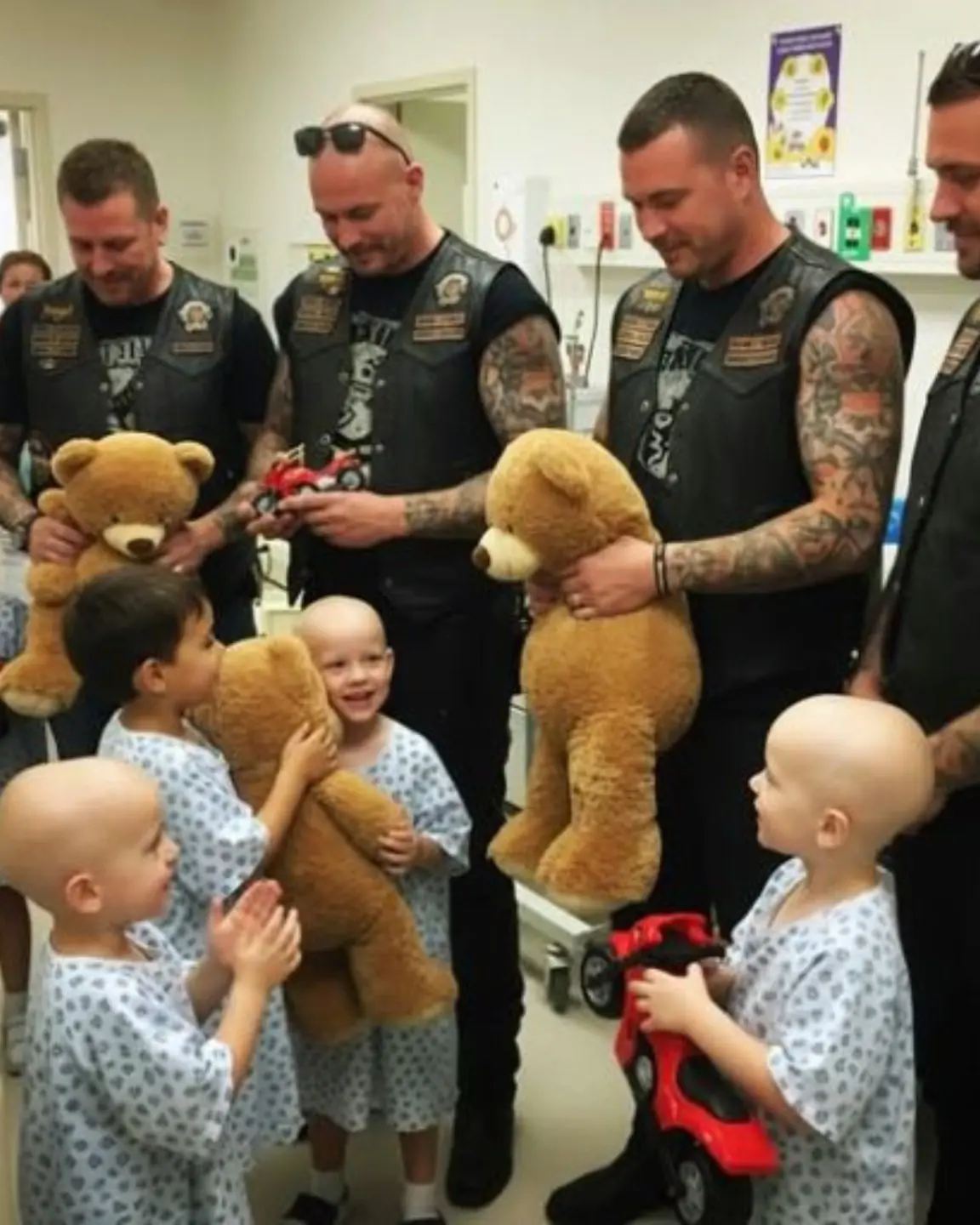
Fifteen Bikers Broke Into Children’s Hospital

He Asked for a Divorce Again and Again for Months

The sick son of wealthy parents married a simple girl, and she took him to the countryside. After six months, the parents barely recognized their son

Boy approaches disabled cat – doesn’t realize the camera is recording his actions
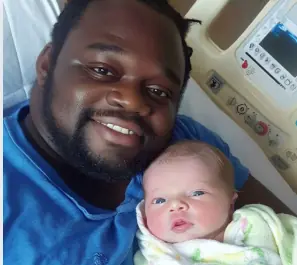
I Almost Left after Seeing Our Baby – But Then My Wife Revealed a Secret That Changed Everything
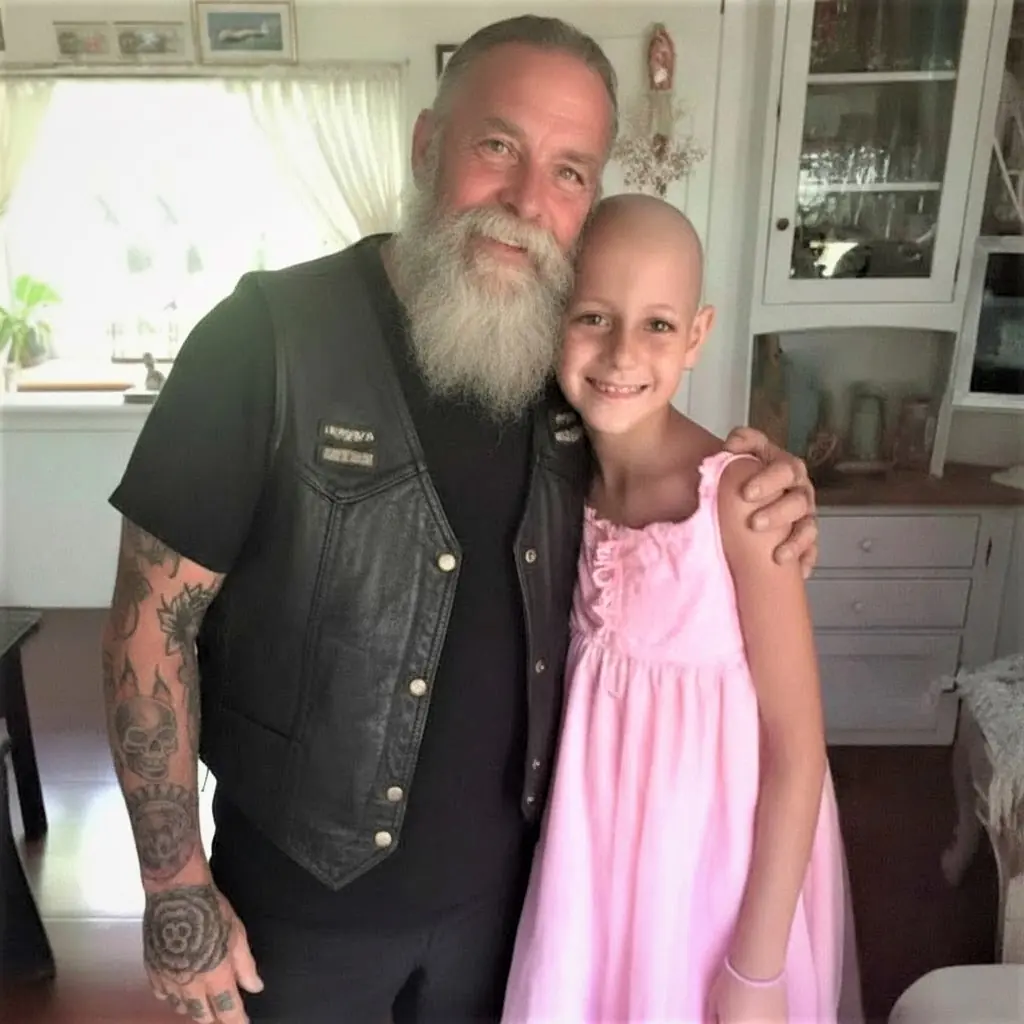
My dying daughter asked the terrifying biker to be her dad for one day
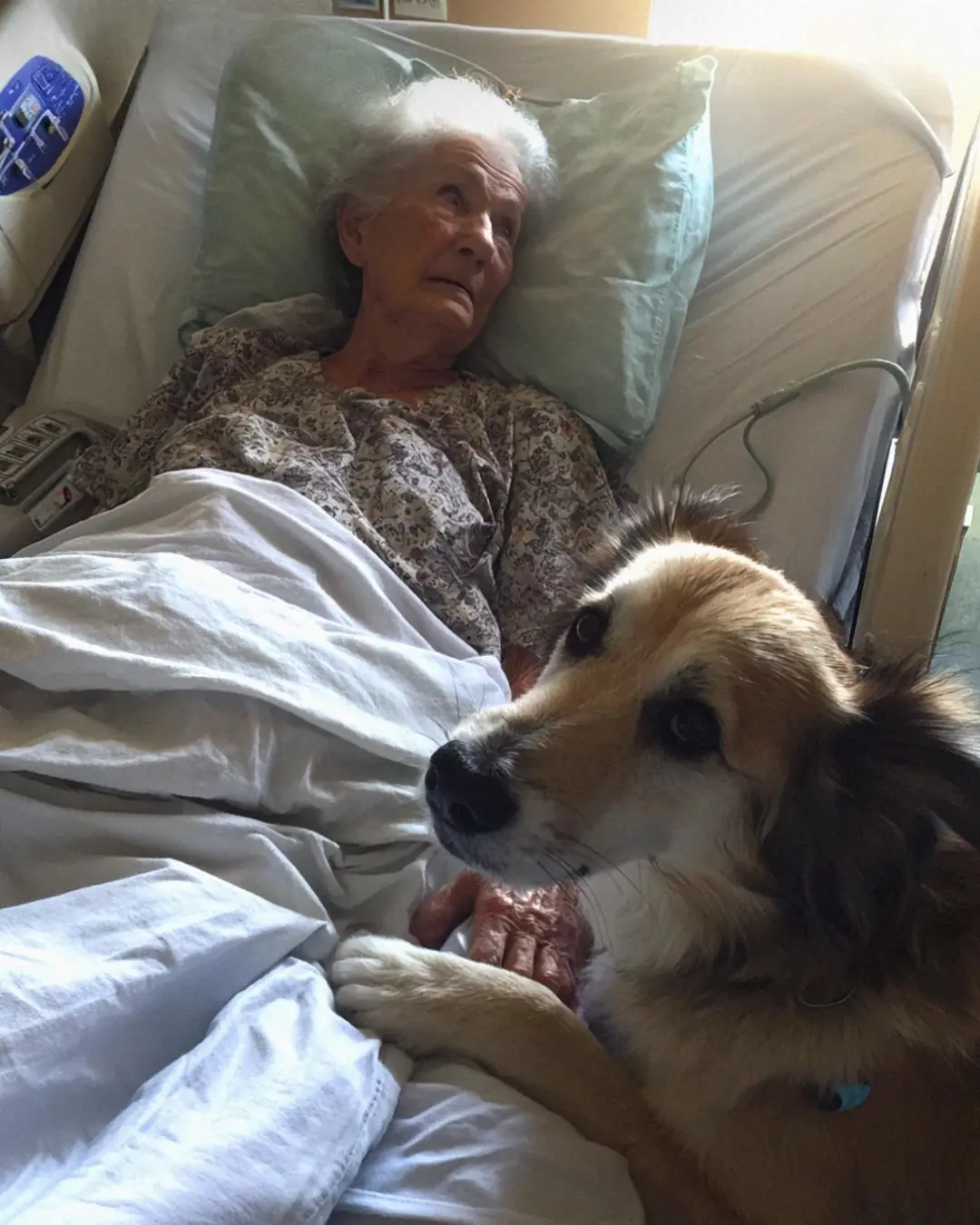
Our Rescue Dog Found an Unconscious Older Lady in the Woods – What We Learned About Her Changed Everything

Boy shares a heartfelt hug with his dog before surgery
News Post

A young truck driver rescues a courageous widow and discovers a life-changing love

The Unexpected Inheritance That Changed Everything

A brave young woman’s inspiring journey to a new chapter of self-love and health

The quiet den: a father left behind

I stopped to assist an elderly man at a restaurant, and it changed my perspective on my father

5-Minute Pistachio Smoothie Bowl – A Creamy Dreamy Breakfast

Stretch your ring finger with your thumb and hold it for a few seconds. you'll love the reason!

Woman issues terrifying warning after finding a stroller abandoned on the side of the road

4 “Can.cer-Causing Culprits” Hiding Quietly in Your Home

My Sister’s Perfect Life Was A Lie—Until I Uncovered Her Hidden Baby

I Walked In On My Husband’s Secret—And He Told Me I Was Next

Black beans combine these two types of seeds to become a 'miracle drug': Increase collagen production, slow down aging, prolong life 👇 👇

Woman goes to the doctor for indigestion, finds out she has liver can.cer: Doctor panics: "Who eats breakfast like this for 20 years?"

9 foods with natural anti-can.cer prop.erties, eat regularly and can.cer cells will "not have a chance to visit" 👇

Foods that can ease swelling in hands and feet

5 signs to help detect colitis early, the first signs of which are often overlooked

6 Foods You Should Never Combine With Honey

7 Bad Habits That Harm Your Heart
